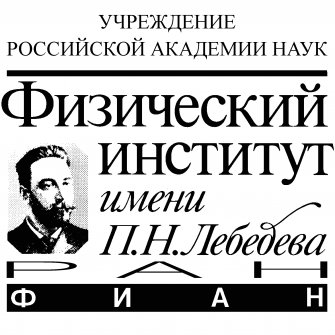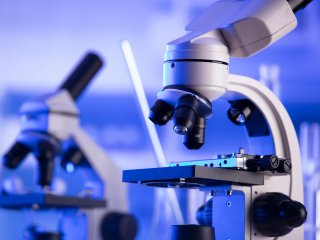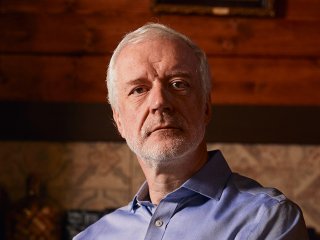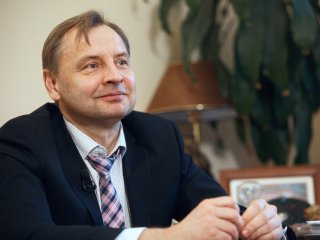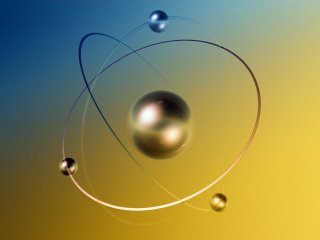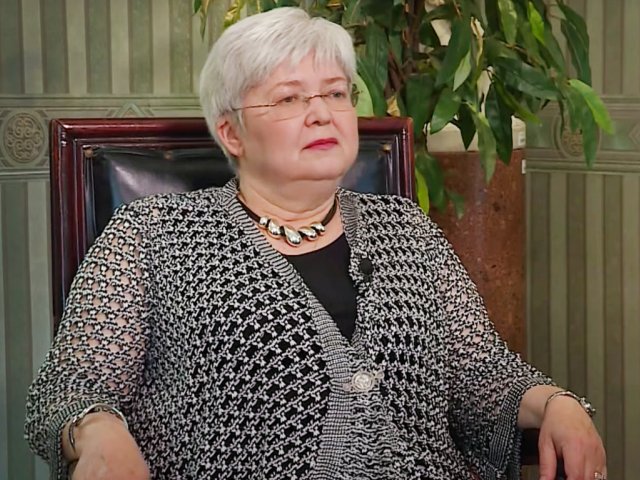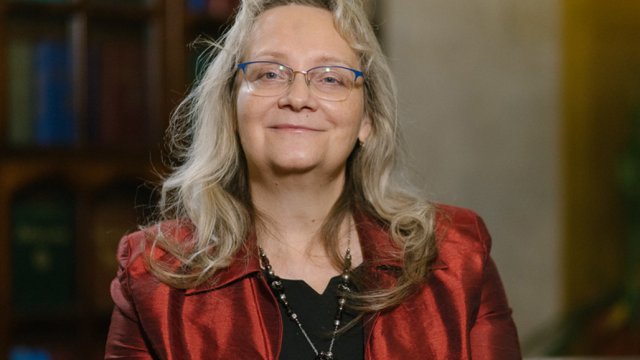The P.N. Lebedev RAS Institute (LPI) is the country’s main research center in physics and the “ancestral home” of seven Nobel laureates: Nikolay Basov, Vitaly Ginzburg, Alexander Prokhorov, Andrey Sakharov, Igor Tamm, Ilya Frank, Pavel Cherenkov.
The Institute was established on April 28th, 1934 by the Decree of the General Assembly of the Academy of Sciences of the USSR. The outstanding Soviet physicist, Sergey Ivanovich Vavilov, served as the first director of the LPI. On December 18th, 1934 the Institute was named after the world-famous Russian physicist, Pyotr Nikolayevich Lebedev. Today, under the leadership of Nikolay Kolachevsky, LPI remains the nation’s main talent pool of scientists and basic research in the field of physics.
The Institute carries out research in most areas of theoretical and experimental physics, including nucleus and elementary particle physics, optics, photonics, laser physics, radiation physics, electrodynamics, condensed-state physics, plasma physics and physical electronics, astronomy and astrophysics, and particle accelerator engineering. LPI cooperates with the departments of leading universities in Russia: Moscow State University, Moscow Institute of Physics and Technology, MEPhI National Research Nuclear University and others. Every year, more than a hundred students come to LPI to complete their graduate work, and many of the young graduates continue their scientific careers here.
It was in LPI that the theory of thermonuclear reactions was born with the outstanding work of Andrey Sakharov and Igor Tamm, the Vavilov-Cherenkov effect was discovered, and the theory of superconductivity of Ginzburg-Landau was created. Pioneering work in the Institute include the discovery of laser, Mandelshtam-Brillouin scattering, the Veksler-McMillan autophasing principle, the Franz-Keldysh effect, development of the Hartree-Fock method and many other outstanding fundamental discoveries.
